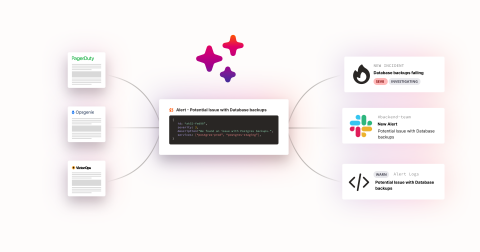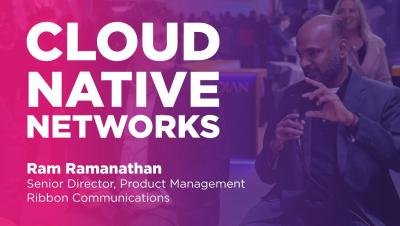How to define roles for your incident response team
Agility matters in incident response, and the easiest way to spring into action is by having a well-defined team in place ahead of time. The right people in the right roles will help you respond to and resolve incidents more quickly and efficiently. In fact, we found in the Incident Benchmark Report that incidents with roles assigned had a 42% lower mean time to resolution than those that didn’t. But what roles do you need to fill?











